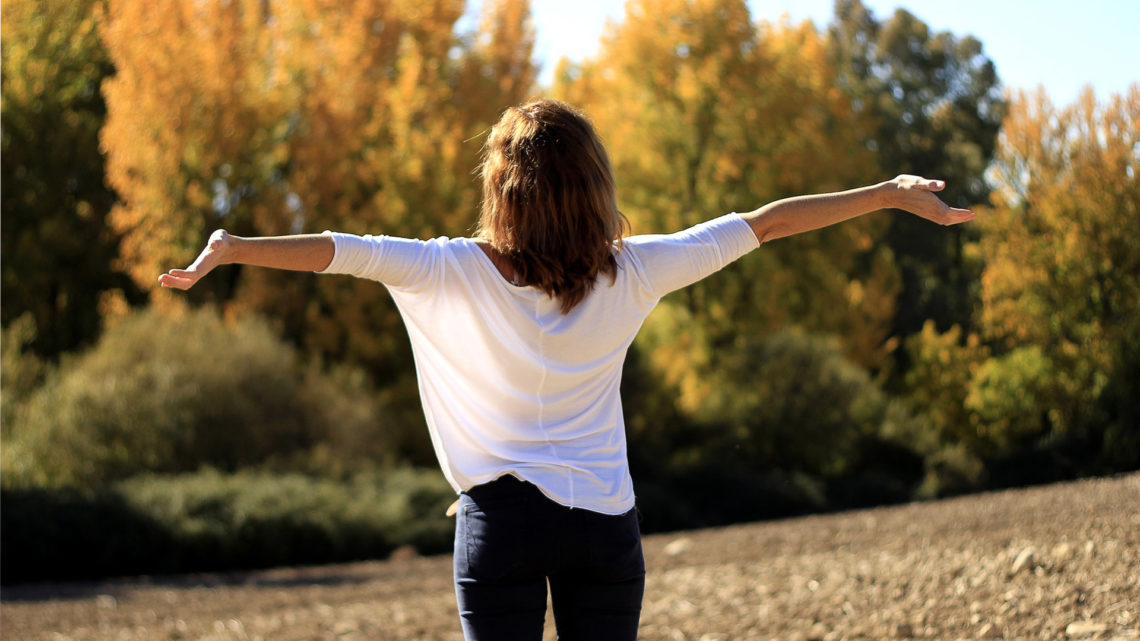“Reflect upon your present blessings, of which every man has plenty; not on your past misfortunes, of which all men have some.” Charles Dickens
***
Let’s talk turkey. What does gratitude mean to you? Is it a buzz word on pretty journals that comes up a lot in November? Is it a memory of staring at funny looking cornucopias in a pilgrim’s hat while waiting for pie to arrive? Or—
Is Gratitude a vital element in your life you nurture on the regular?
It’s a strange, yet super cool feature of life, that challenges enhance our capacity to connect with this emotion. A gut-wrenching break-up increases our appreciation of a new relationship. A broken leg enhances our love of hiking. A winter of violent storms leads us to rejoice when a bluebird sky finally appears. Personally, living with anorexia and subsequently journeying towards recovery has been my #1 way to harness gratitude. Don’t get me wrong—anorexia is a vile disorder I hate with my body and soul! Living with an eating disorder is an inherently negative existence. An inner critic (“ED voice”) constantly spews out hateful thoughts and, as self-hate and low-confidence crush our true selves, it’s easy to become numbed and disengaged from life. Entrenched in my disorder, I often indulged in navel gazing, fixating on myself and my problems while turning a blind eye to the beauty of life. Consequently, when I hit rock bottom and set myself on a path towards recovery, I was hardly winning at life or feeling grateful. Rather, I was angry, frustrated, frazzled, and fairly blinded to the needs of others.
BUT. But, But, But. As I began to identify my ED voice as a total fake and learned the art of reframing negative thoughts, something magical began to happen. My anorexic haze lifted and I started to recognize important truths, to include:
-I am lucky to be alive and on the safe side of anorexia
-I am fortunate to have a body that can heal
-I am blessed to be recovering in my thirties and not in my eighties (and that recovery is even possible!)
After years of self-loathing, isolating, and dwelling on my weaknesses, I didn’t immediately embrace such truths. As I began a daily practice of reframing thoughts and shifting my perspective, however, I began to see the beauty around me once again. I began to understand how fortunate I am, to see how deeply I am loved by my family, and to realize I am not the only one with challenges.
Yes, I became a far more grateful person.
***
I once thought of gratitude as an annoying task—something I should manifest in order to prove I am a good person. After my experience with anorexia, however, I see this emotion in a different light. Rather than a bolted-on emotion, I want gratitude to be a part of who I am; to smoothly and naturally engage with this emotion throughout my life. Because I know that living with a thankful heart will enhance my well-being and also have an impact on the world around me. Grateful people live longer. Grateful people are less likely to relapse in their journeys towards recovery. Grateful people are more attractive.
Grateful people are happy people.
With such rich, lasting benefits, it’s hardly enough to give gratitude a shout-out once a year while sticking a fork into a slice of pumpkin pie! Just like other recovery practices, gratitude deserves daily attention in whatever way works for you. Some find a gratitude journal helps. Others turn to daily prayer or writing out a morning list to regularly check-in with this emotion. My current method is to run through my gratitudes during the first few minutes of my daily run or walk. I find it’s usually easy to remember my practice since I’m often feeling the weight of my day when I lace my sneakers and head out the door. By the end of my run, I feel lighter, more in tune with myself and my emotions, and more apt to see the world through a clearer and brighter lens.
Regardless of your style/technique, the more you focus on what you have rather than what you don’t, the more you appreciate your strength rather than hating on your body, the more you notice the flowers rather than the construction or chill in the air, the better you’ll feel and the more you’ll radiate your true, happy self from the inside-out.
Image by Alfonso Cerezo from Pixabay





